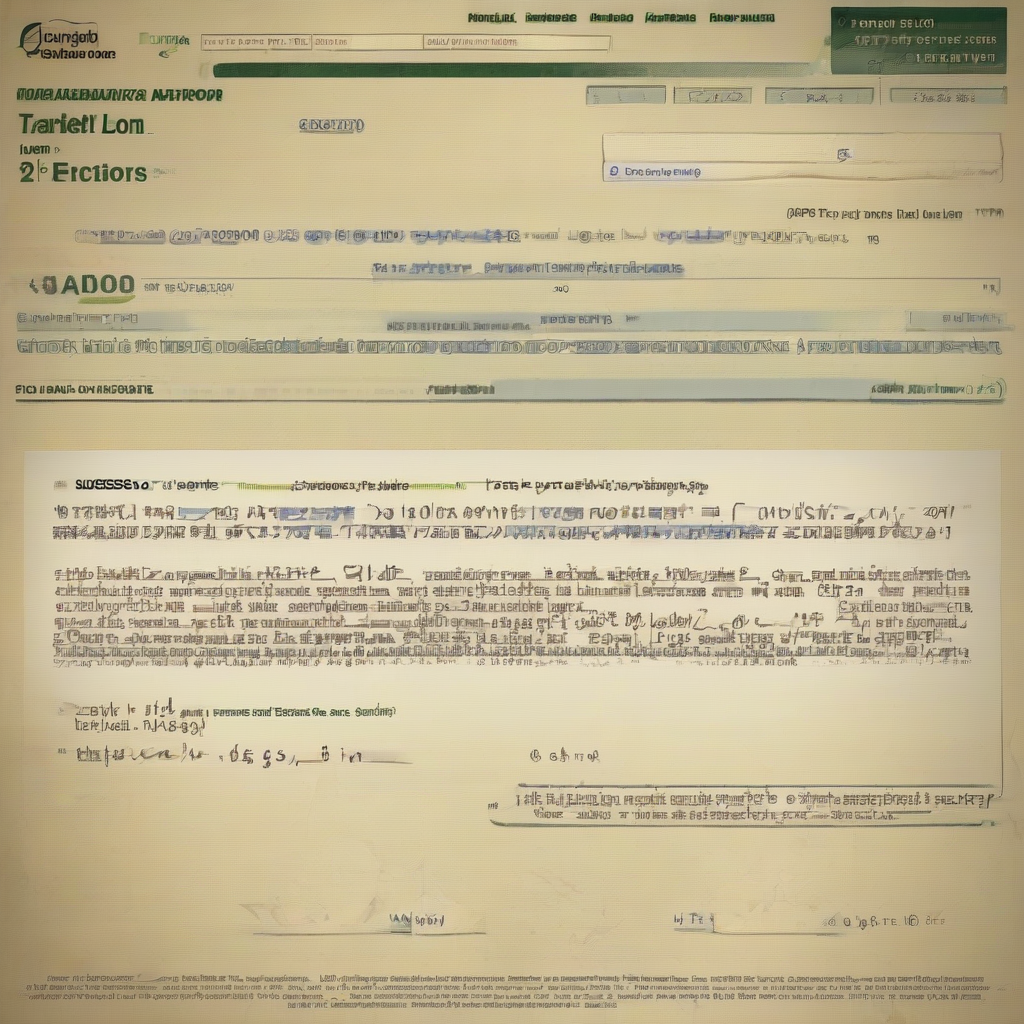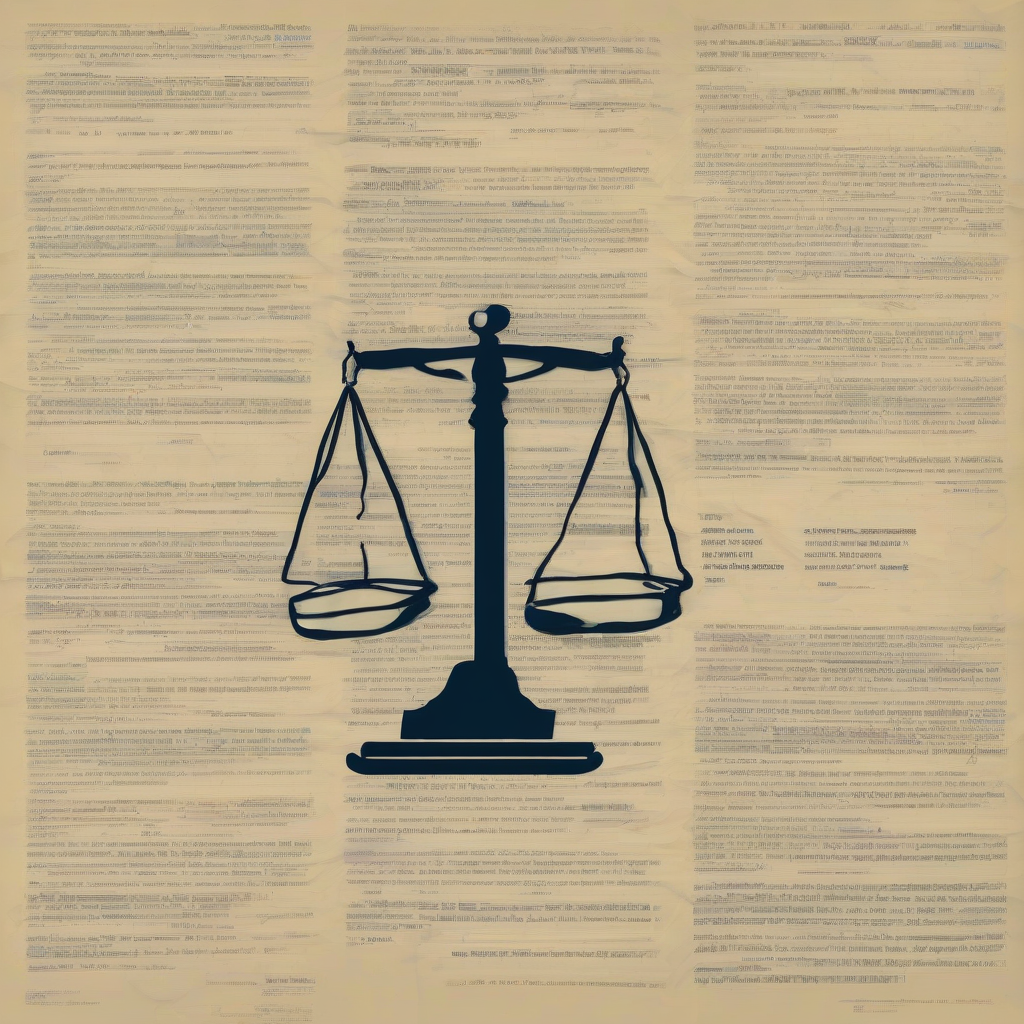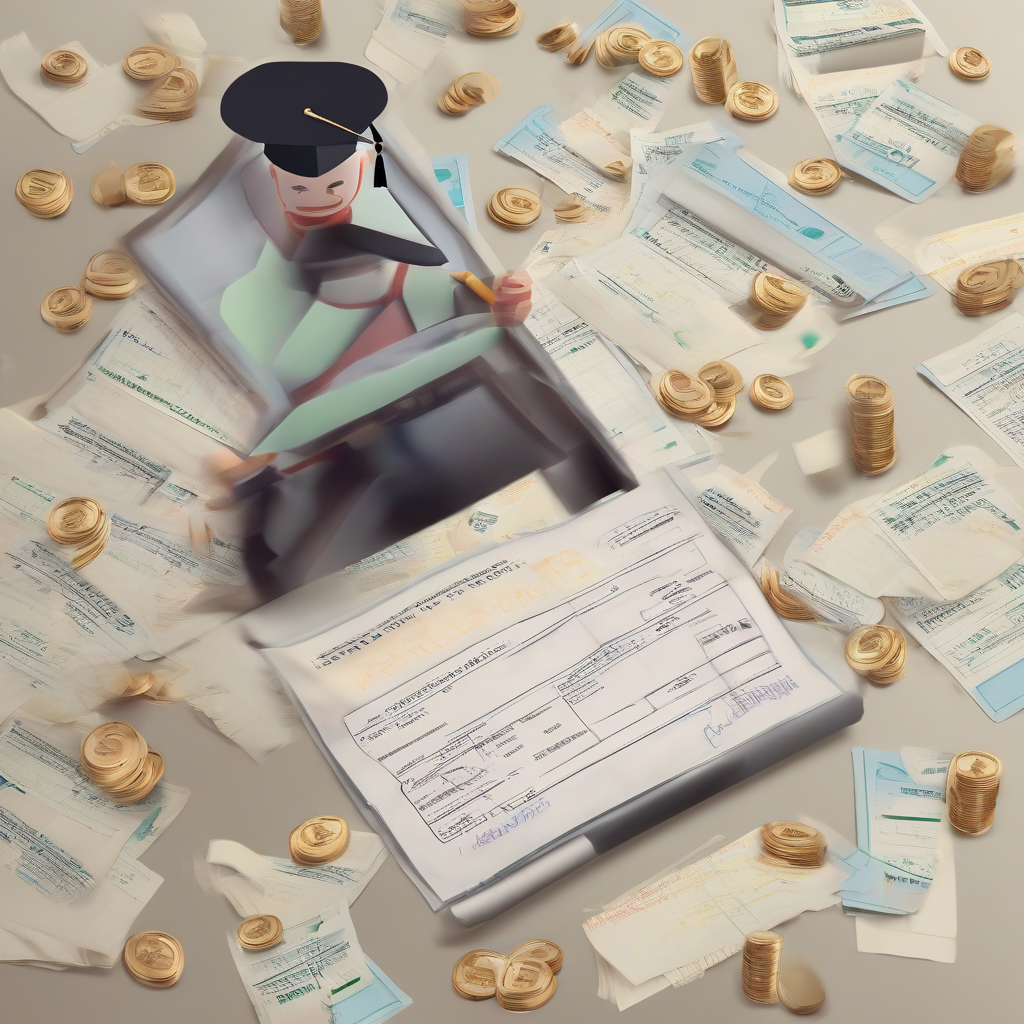Economic Relief Personal Loans: A Lifeline for Tough Times | Get the Help You Need Now

Economic Relief Personal Loans: A Lifeline for Tough Times
Facing unexpected financial challenges can be overwhelming, leaving you feeling lost and unsure of where to turn for help. Economic relief personal loans offer a lifeline during these tough times, providing the much-needed financial support to stabilize your situation and regain control of your finances. This guide will delve into the intricacies of economic relief personal loans, explaining their benefits, eligibility requirements, and how to secure the financial assistance you need.
What are Economic Relief Personal Loans?
Economic relief personal loans are specifically designed to help individuals navigate financial difficulties caused by unforeseen circumstances like job loss, medical emergencies, or natural disasters. These loans provide a flexible and accessible source of funds to cover essential expenses, such as rent, utilities, medical bills, or even basic necessities. Unlike traditional personal loans, economic relief loans often come with more lenient eligibility criteria and may offer lower interest rates or extended repayment terms to cater to the unique needs of borrowers facing financial hardship.
Benefits of Economic Relief Personal Loans
Economic relief personal loans offer several significant benefits, making them a valuable tool for individuals facing financial challenges:
- Financial Stability: By providing a lump sum of money, these loans help stabilize your finances and prevent further debt accumulation. You can use the funds to pay off urgent bills, avoid late payments, and prevent your credit score from taking a hit.
- Reduced Stress: Facing financial difficulties can lead to significant stress and anxiety. Economic relief loans alleviate this burden by offering a solution to your immediate financial problems, giving you peace of mind and allowing you to focus on finding a way forward.
- Flexibility: These loans offer flexibility in terms of repayment terms and interest rates, tailored to meet individual circumstances and financial needs. You can work with lenders to create a repayment plan that fits your budget and helps you recover from financial hardship.
- Improved Credit Score: Timely repayments on economic relief personal loans can help rebuild your credit score, making it easier to obtain future financing when you need it.
- Access to Essential Resources: These loans provide access to essential resources like medical care, housing, or food, ensuring your basic needs are met during difficult times.
Eligibility Requirements for Economic Relief Personal Loans
Eligibility requirements for economic relief personal loans vary depending on the lender and the specific program. However, general eligibility criteria include:
- Proof of Financial Hardship: You will need to demonstrate that you are facing financial difficulties due to a specific event, such as job loss, medical expenses, or natural disasters.
- Credit Score: While some lenders may have stricter credit score requirements, others may be more lenient, especially for programs specifically designed to help individuals with lower credit scores.
- Income Verification: Lenders will typically require you to provide proof of income, even if it's lower than usual due to job loss or reduced hours.
- Debt-to-Income Ratio: Your debt-to-income ratio (DTI) is a crucial factor lenders consider. DTI measures your monthly debt payments against your gross monthly income. Lower DTI ratios generally indicate better financial stability and increase your chances of approval.
- Residency Status: Some programs may have specific residency requirements, such as being a resident of a particular state or region.
Types of Economic Relief Personal Loans
There are various types of economic relief personal loans, each with its unique features and eligibility requirements. Here are some common types:
- Payday Loans: These loans provide short-term financial relief, typically for a few weeks, and are characterized by high-interest rates. However, due to their high cost and potential for creating a cycle of debt, payday loans should be considered a last resort.
- Installment Loans: Installment loans are typically larger loans with fixed monthly payments spread over a longer period, making them more affordable than payday loans.
- Emergency Loans: Emergency loans are designed to provide immediate financial assistance in urgent situations, such as medical emergencies or natural disasters.
- Nonprofit Loans: Nonprofits and community organizations often offer low-interest loans or grants to individuals facing financial hardship. These programs may have specific eligibility requirements and income restrictions.
- Government-Funded Programs: Some government agencies offer programs specifically designed to provide financial assistance to individuals facing economic challenges. These programs may include grants, subsidies, or low-interest loans with flexible repayment terms.
Finding the Right Economic Relief Loan
With various options available, finding the right economic relief loan requires careful consideration of your needs and financial situation. Here's a step-by-step guide:
- Assess Your Financial Situation: Determine the amount of money you need, your income, and your existing debt obligations. This will help you narrow down your loan options.
- Compare Lenders and Loan Terms: Research reputable lenders and compare their interest rates, fees, and repayment terms. Use online loan comparison tools to simplify the process.
- Check Eligibility Requirements: Ensure you meet the eligibility criteria for each lender and program you consider. Contact lenders directly to confirm specific requirements.
- Read the Fine Print: Carefully review the loan agreement before accepting any loan offer. Pay attention to the interest rate, fees, repayment schedule, and any other terms and conditions.
- Consider Reputable Organizations: Explore options from reputable nonprofit organizations or government agencies that offer affordable loans or grants designed for economic relief.
- Explore Alternatives: Before taking out a loan, consider alternative solutions, such as negotiating with creditors for lower payments or exploring government assistance programs.
Tips for Managing Economic Relief Loans
Taking out an economic relief loan can help you overcome financial challenges, but responsible management is crucial to avoid further debt accumulation. Here are some tips:
- Create a Budget: Develop a detailed budget to track your income and expenses, ensuring you have enough money to cover your loan payments and other essential expenses.
- Prioritize Payments: Prioritize your loan payments to avoid late fees and negative impacts on your credit score.
- Explore Debt Consolidation: If you have multiple debts, consider consolidating them into one loan with a lower interest rate to simplify your repayment plan.
- Seek Financial Counseling: Contact a reputable financial counselor for personalized advice on managing your debt and improving your financial situation.
Conclusion
Economic relief personal loans offer a vital lifeline during challenging financial times, providing access to much-needed funds to cover essential expenses and stabilize your situation. However, it's crucial to understand the terms and conditions of these loans and choose reputable lenders who offer fair and transparent practices. By carefully considering your options and managing your debt responsibly, you can leverage economic relief loans to overcome financial hurdles and build a brighter future.
What's Your Reaction?








![Swigart Law Group: Experienced Attorneys Providing Exceptional Legal Representation in [Specific Areas of Law]](https://degreeclass.xyz/assets/img/bg_slider.png)
![Swigart Law Group: Experienced Attorneys Providing Exceptional Legal Representation in [Specific Areas of Law]](/uploads/images/202410/image_67122b40814967.93208618.png)






